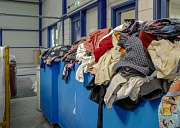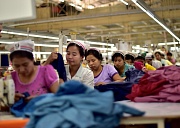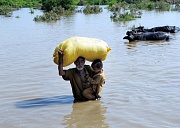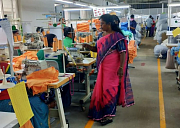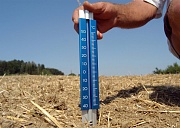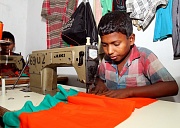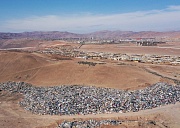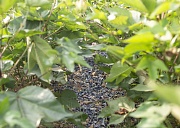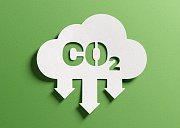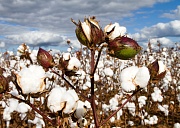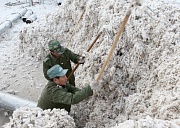Problems in regulation and governance
It all comes back to a certification system built on paper. Audits are mainly a paper trail, and field visits are planned in advance. These take priority over building farmer knowledge, while cost pressures on CBs mean they work as quickly as possible, may lack qualified staff, while competition means no one wants to risk going public with failure.
The problem is not individual CBs but the system design and a failure since 2008 to implement mass balance reconciliation.
Binay Kumar Choudhury and Robert Demianew, from the global certifier Control Union, told us there were many points of pressure in the system, with certification split between multiple bodies and standards. There are 32 farm level CBs with Control Union certifying perhaps only five to seven per cent of the total organic cotton farming.
From the gin, where the GOTS and TE standards start, upwards there are still 18 CBs as well as testing labs. GOTS’ approved labs depend on transaction certificates from other labs. This fragmented landscape of multiple bodies certifying only parts of the chain is a major opening for fraud and error.
“CBs are supposed to perform risk analyses based on transaction certificates,” Binay and Robert say, “but there are too many breaks in traceability.” This suggests there should be an open data registry to allow for full traceability.
But most sources agree whether all products are organic is still questionable.
Industry inaction?
Our source claims that GOTS, IOAS and TE regularly collect data from ginning mills, and also claims they have complete data on how much cotton comes into their own systems, but have “failed to take action on what they knew about the imbalance between the amount of organic cotton and the amount of organic textiles being made”.
But this allegation has been denied. In response to the New York Times article, TE said: “Organic cotton is a complex, multi-layered subject, and one that can quickly lose critical nuance when condensed into a single article. Without the right context, the piece risks undermining the importance of organic agriculture, while skipping over the solutions.”
But we’ve been here before. This is a problem.
Our own sources within certifiers have contrary opinions to TE. For example, they say they do not have the information from what TE calls “volume monitoring throughout the year”.
But this is information which TE suggests it has when it tells us: “Collecting data on the transactions of preferred materials bought and sold throughout the supply chain allows us to pinpoint with greater accuracy when and where there are mistakes or inconsistencies and address their route cause.”
When asked how it reconciles data for market reports, TE notes: “Since organic is governed by national and international standards, without recertifying all the farms to our own organic farming standard, we are not able to ‘verify’ global organic cotton production or what is happening on a farm.
“The organic cotton data that we collect through our various programmes have allowed us to identify weak links and inconsistencies in the supply chain. Solutions that are more straightforward (i.e., additional audits, additional data requisition for checking etc.) have already been put in place. Others, which are more complex and requires longer implementation timeframe (i.e., revision of standard, Trackit program etc.) is currently in progress.”
Surely though, reconciliation is checking for discrepancies, not recertifying? It means looking at the reports feeding into the market reports, at data in certification systems, checking totals in and out across all systems to see if they balance. Which is what was offered in 2014 with Check Organic.
Hermann claims that inertia defeated his attempts to get the organic cotton sector to try Check Organic back then.
Wryly, he adds: “I still believe Check Organic and GOTS would have been a perfect fit ... would have prevented the fraud as supply chains and quantities would have been known based on production data and yield.”










